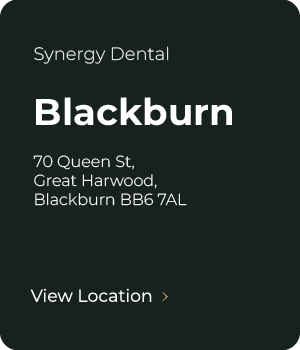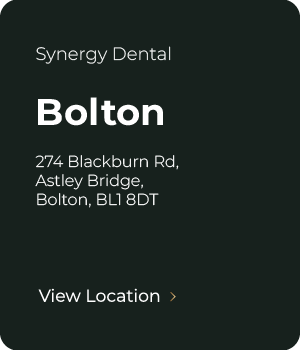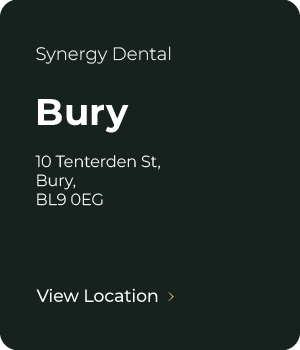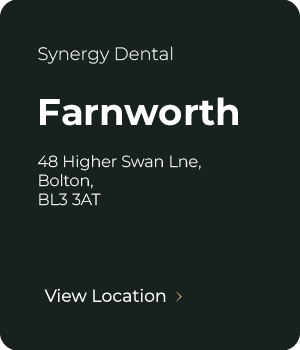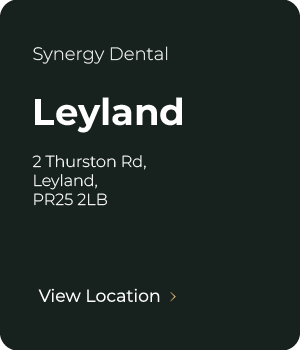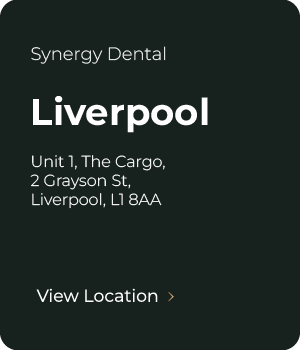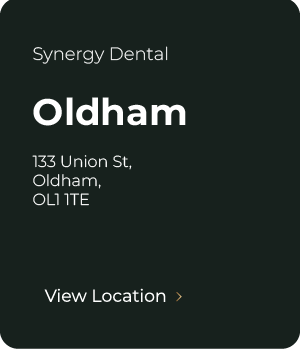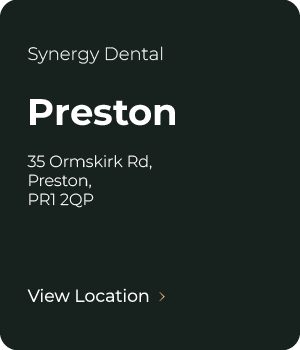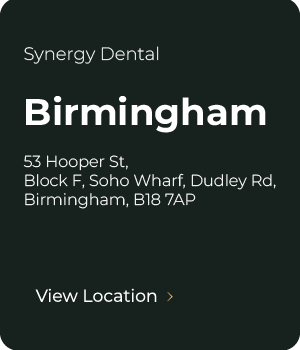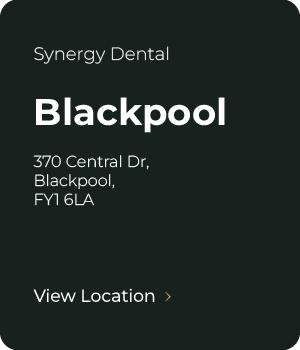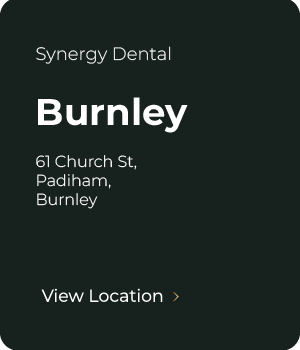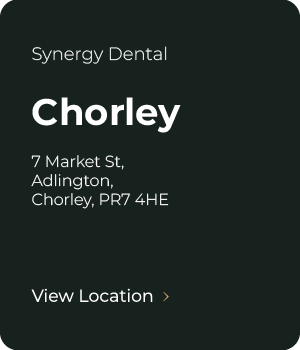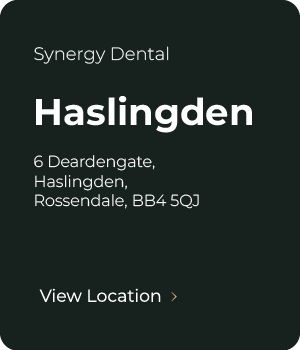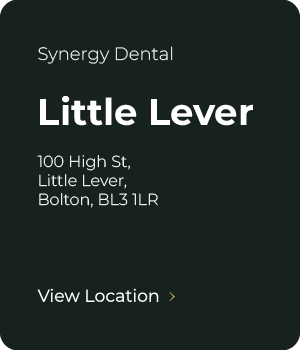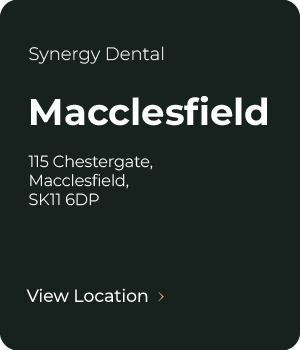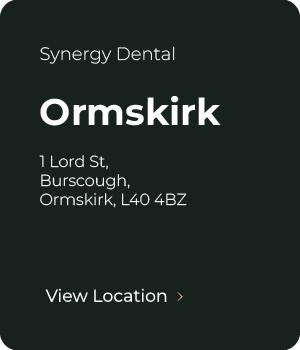During pregnancy, you’re likely to be experiencing a lot of surprising changes if this is your first child. Even if you’ve had children before, you might experience new things during subsequent pregnancies. In all the anticipation, planning, stress, and joy of welcoming a new baby, you might not be thinking about something as small as your teeth. Here are some of the surprising things that can happen to your teeth during and after pregnancy, and how to care for your oral health during this incredible time.
Why am I Having Bleeding Gums During Pregnancy?
Bleeding gums are commonly noticed during pregnancy, and is called pregnancy gingivitis, whilst it might be alarming to find blood in your mouth, small bleeding is generally nothing to worry about. Due to the increased oestrogen and other hormones your body produces during pregnancy, your gums are likely to get swollen and inflamed, meaning your gums may bleed more easily.
It’s important to brush your teeth, even if it causes bleeding and discomfort, to avoid pregnancy gingivitis developing fully into gum disease. You can care for bleeding gums by making sure to brush twice daily. Use a small-headed soft bristled toothbrush as it will be gentler on your gums. Make sure you are brushing the whole tooth all the way down to the gumline, and follow up with dental floss or an interdental brush to remove any stuck food particles between the teeth. Avoid alcohol based mouthwashes. It may be beneficial to rinse with saltwater as it is a natural disinfectant – you can make a saltwater wash by stirring a teaspoon of salt into warm water.
Why am I Noticing Lumps In My Mouth?
These red lumps, often called pregnancy tumours might sound scary, but they’re often not cancerous. Red lumps form on the gums, usually in between teeth, as a result of plaque during pregnancy. If you’re having trouble brushing, you may also develop these so-called “pregnancy tumours”. They might be tender and bleed easily, but they usually go away on their own after giving birth. If you are worried, it is always better to seek advice from your dentist.
What Should I Do After Having Morning Sickness?
After morning sickness, it’s best to wait 30 minutes before brushing your teeth. You will probably want to brush your teeth right away to get rid of the feeling of vomit in your mouth, but doing this will damage your teeth. When we vomit, we also regurgitate stomach acid. By brushing your teeth straight away, you’re scrubbing those acids deeper into the surface of your teeth and damaging your already weakened enamel. Instead, use a mouthwash or add ¼ a teaspoon of baking soda to your saltwater mouth rinse, then rinse again with plain water to help neutralise the acids. If you really can’t wait to brush, at the very least you should rinse your mouth with water before brushing to help wash some of the acids off of your teeth.
When Should I Ask a Dentist For Help with Dental Care During Pregnancy?
During pregnancy, it’s important to keep on top of your overall health and wellbeing for the sake of yourself and your baby. You shouldn’t dismiss any health concerns you have, or feel as if you’re “wasting a doctor’s time”. Your health is paramount, and you should always bring concerns to the attention of your GP or your dentist for specialist oral advice.
Do I Get Free Dental Care When Pregnant?
During pregnancy and for 1 year after birth, you are entitled to free dental care on the NHS. If you already have an NHS dentist, but you pay for treatment, you will need to apply for a maternity exemption certificate to get free treatment. Alternatively, if you’ve already had a baby within the last 12 months, your baby’s birth certificate should be sufficient (check with your dental practice). After 12 months, you will return to paying for treatment, but your child will still be eligible for free NHS care so long as they are 18 or under and in full-time education.
We understand that it’s very difficult to access NHS dentistry at the moment, which is why we’ve created our affordable dental payment plan, SynPlan. Through SynPlan, you’ll receive 2 examinations per year, plus 2 hygiene appointments. On top of that, we allow every registered adult to add 2 children to their plan for free, so you can continue to care for your own smile and your child’s teeth for years to come.
Sources:
- nhs.uk. (2020). Teeth and gum problems. [online] Available at: https://www.nhs.uk/pregnancy/related-conditions/common-symptoms/bleeding-gums/#:~:text=Some%20women%20get%20swollen%20and.
- www.marchofdimes.org. (n.d.). Dental health during pregnancy. [online] Available at: https://www.marchofdimes.org/find-support/topics/pregnancy/dental-health-during-pregnancy.
- Yenen, Z. and Ataçağ, T. (2019). Oral care in pregnancy. Journal of the Turkish German Gynecological Association, [online] 20(4), pp.264–268. Available at:
Synopsis: https://www.ncbi.nlm.nih.gov/pmc/articles/PMC6883753/
Full paper: https://doi.org/10.4274/jtgga.galenos.2018.2018.0139. Is Baking Soda Mouthrinse Safe And Effective? (no date) www.colgate.com. Available at: https://www.colgate.com/en-us/oral-health/selecting-dental-products/is-baking-soda-mouth-rinse-safe-and-effective#.

